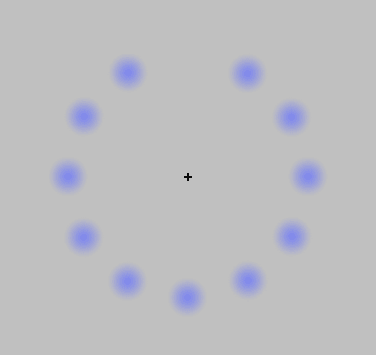This is a fun talk.
"Now, because of quantum mechanics and Heisenberg's uncertainty principle, in order to look at shorter and shorter distances [we] have to look at it with light with shorter and shorter wavelengths, that would have higher and higher frequencies, and in quantum mechanics that would tell us that the minimum energy that I would need to probe very short distances has got to actually get larger and larger.
So in order to probe shorter and shorter distances we need to put more and more energy into a smaller and smaller region of space. That's the explanation for the huge irony why gigantic particle accelerators like the Large Hadron Collider, which are 27 kilometers around, are what we have to use to study nature at the tiniest distances we've ever probed we need the biggest machine to probe the tiniest distances ever precisely because of this business about the uncertainty principle.
[...] But in the actual world we have gravity and something very bad happens at some point. You put so much energy into such a tiny region of space, that Einstein tells us it's like putting an enormous amount of mass into a tiny region of space; and you know what happens when you put a huge amount of mass into a tiny region of space? You collapse the region you're looking at into a black hole, and no information can possibly get out of it!
So your act of trying to look at very tiny distances instead produces a black hole that makes it impossible to see what's going on in there and if you try to do this with an even more powerful microscope and even higher energies what happens you make an even larger black hole so your attempt to probe shorter and shorter distances stymies itself and it's simply impossible to give operational meaning to distances and times that are small enough."
There is also the follow-up discussion.
So the search is on for some structure whereby space-time and quantum mechanics both appear as emergent phenomena. This means that dynamical laws, that necessarily require time and space, may be recast as... combinatorial problems!
Look at this...

There is the illusion of motion but nothing is really moving. There is, however, some order to the changes of state, else the apparent motion breaks down.
The discussion later is quite interesting - esp for anyone who understood near-zero of the above talk.